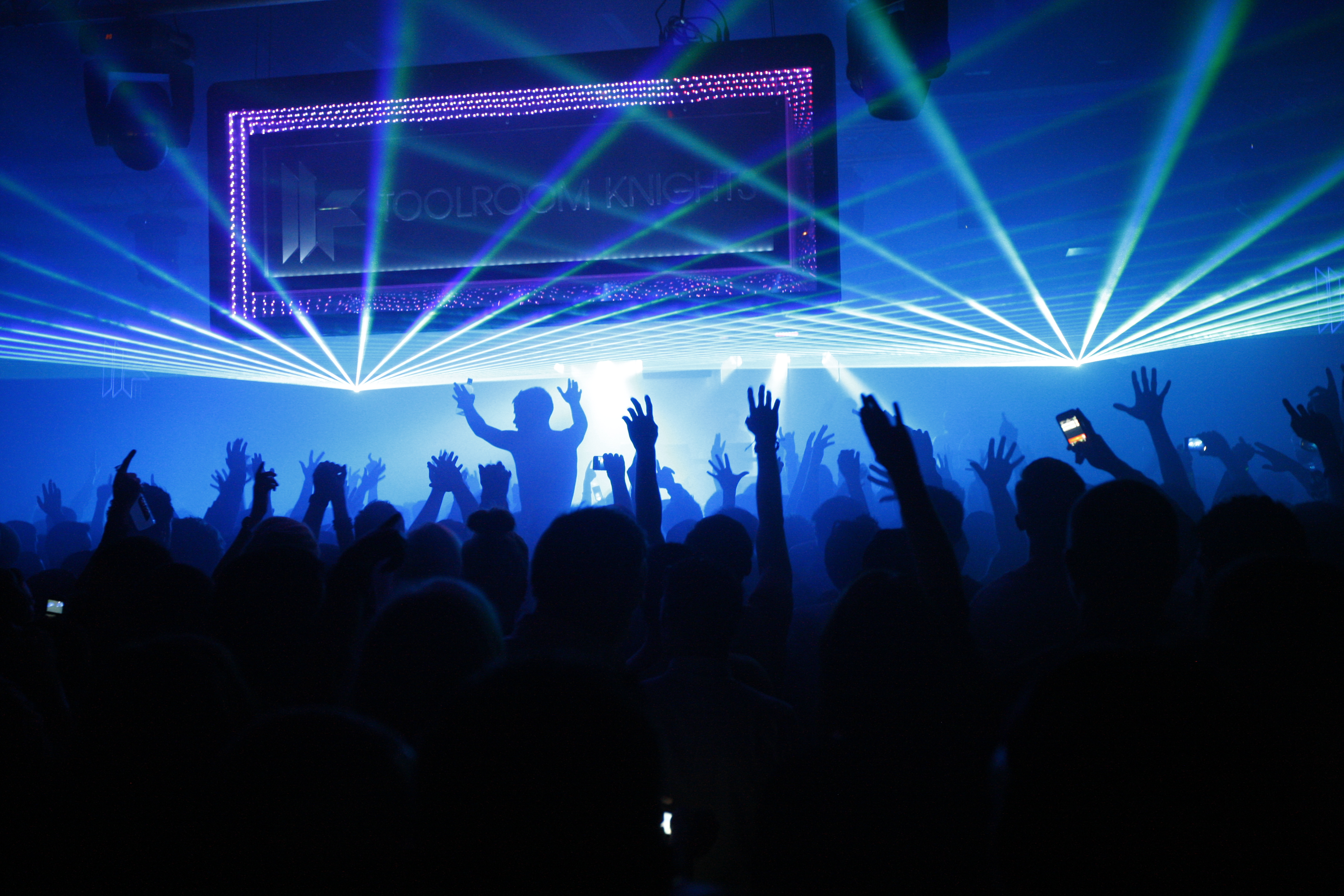These days, it’s almost entirely impossible to attend a music festival without witnessing heavy signs of branding across the grounds. From banners on the walls to stage names to dedicated vendor booths, large-scale events have become innately bonded to companies like Red Bull, 7-Up, Bud Light, and T-Mobile. Even though the purist in me wants to say that I dislike any overly saturated corporate involvement in something that should be entirely catered toward enjoying the music, the reality of the situation remains. These brands play an integral and often enjoyable role in the cultivation of a complete and fulfilling music festival experience.
Their presence brings not only necessary funding required to create the sheer scale of such events, but also a newfound appreciation and feeling of brotherhood between themselves and those in attendance. As these brands host more and more events, their image and services become highly associated with the actual festival itself. A recent study made by live promoter group AEG and branding company Momentum Worldwide details exactly how warm the relationship is between them and the fans. Specifically, they targeted their research on the Millenial generation, the obvious leaders in current festival attendance.
According to their research, an overwhelming 93% of those surveyed stated that they liked the brands that sponsor live events. 80% said that they will purchase a product following a music festival experience, as opposed to 55% of those who were not in attendance. Finally, those who attended a music festival with brand sponsorship walked away with a 37% better perception of the company.
It isn’t easy, however, for a brand to output a consistently positive image at such events. It takes far more than a paycheck and few posters to foster a steady relationship with the fans, and is far more complicated than one might think. Glenn Minerley of Worldwide Momentum reacts to the study findings:
The research clearly shows people will welcome brands in their music experiences. The interesting challenge now is how to do so in a way that feels more memorable to consumers and valuable to brands than what our industry has delivered in the past. We all need to evolve.
The way these brands go about hosting their festivals has had a noticeable impact on my own experiences in the past. The main one that comes to mind for me is Red Bull. Whether I’m in Los Angeles or Chicago, it’s extremely rare not to see a dedicated Red Bull booth or two on the grounds, serving different flavors of their drinks behind a blue counter. Known for their involvement in everything “exciting and extreme”, I’ve found momentary comfort at many different events when I remember that a nicely sized, cold kick of energy is waiting for me right around the corner. Their commitment to hosting so many of the fantastic shows I’ve attended over the years has ingrained their image into my actual memories. The fondness I feel for these festivals is due in part to the brands that make the experience possible.
Another notable incorporation of brands into the music scene comes directly through artist relations. Between sponsored songs, accompanying commercials, and artists acting as spokesmen for heavily involved brands, like Martin Garrix and Tiësto with 7UP, the evolution of music becomes more apparent than ever and rather well received by fans who are far more likely to purchase products touted by their favorite musicians. Whether promoted subtly or with their face firmly planted on the products, there is no doubt that corporate involvement in our scene is at an all-time high. We can’t wait to see what comes next.
Source: NME









